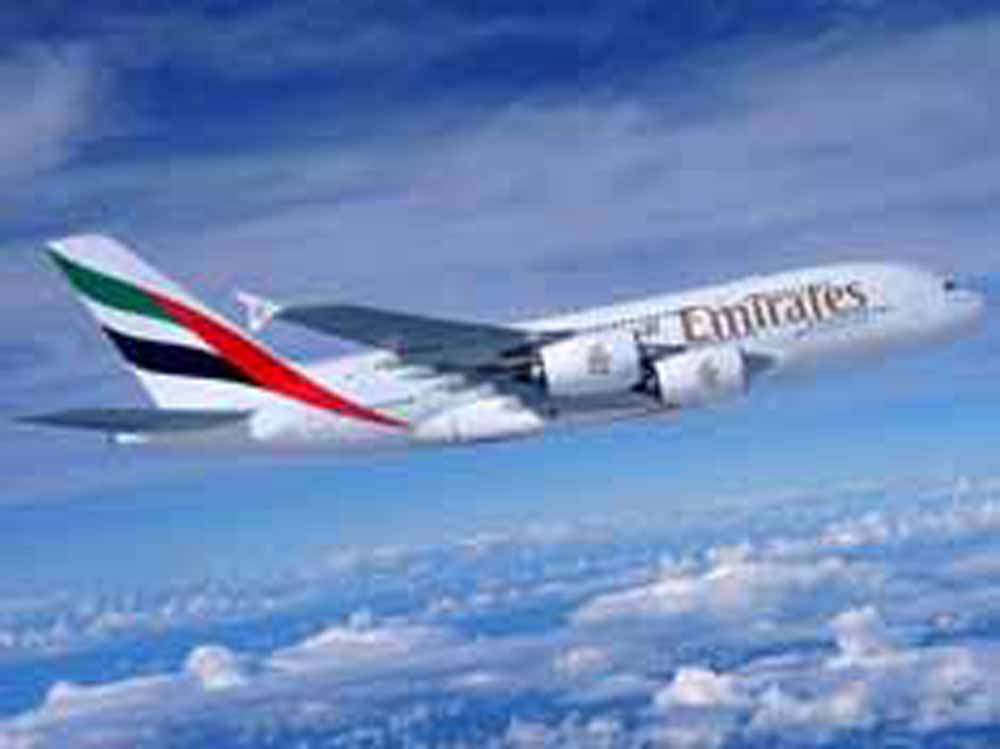Emirates plans to fly A380 to Guangzhou to compete in China
By viji Thursday, 10 December 2015 10:10 AM

Emirates currently operates two daily flights each from Beijing and Shanghai
9 Dec 2015
Emirates, the world’s biggest long-haul airline, plans to deploy Airbus Group SE A380 jumbo jets on routes to the southern Chinese city of Guangzhou as it tries to differentiate its offerings to fend off Chinese rivals.
“Guangzhou is a potential destination for the two-class A380,” Badr Abbas, Emirates’s senior vice president of commercial operations in the Far East, said in an interview Tuesday in Hong Kong. The carrier is awaiting Chinese government approval to deploy the world’s largest jumbo jet, which can seat 615 people in a dual business and economy configuration, replacing the Boeing Co 777-300 ER the airline now uses on its daily Guangzhou flight, he said.
Chinese airlines such as Air China Ltd, China Eastern Airlines Corp and Hainan Airlines Co are expanding their networks, adding direct international connections from leading cities such as Beijing, Shanghai and Guangzhou as well as secondary cities such as Chengdu. That’s proving tough competition for Emirates, which relies on connecting traffic into its Dubai hub to feed on to flights to Africa, Europe and beyond.
Chinese carriers have more market share, given various factors such as direct flights and more desirable flight times, Abbas said. Guangzhou, with its strong African business ties, is a city that provides connecting traffic for Emirates flights to Africa, Europe and the Middle East from Dubai. In August, state- backed China Southern Airlines Co. started direct flights to Nairobi from its Guangzhou base.
Increasing capacity
Emirates currently operates two daily flights each from Beijing and Shanghai, split evenly between the Airbus A380-800, with 517 seats, and a Boeing 777-300ER that seats 364. By deploying more A380s on flights from Dubai to Beijing, Shanghai and Guangzhou, Abbas said the airline can raise its China capacity by 46 per cent without adding any more airport slots.
Abbas said the number of Chinese passengers flying to Dubai as their final destination rose 25 per cent in the financial year that ended March 31. Emirates operates 35 weekly flights for the mainland Chinese market, with a load factor of 84 per cent in that fiscal year, he said.
Switching to a two-class configuration, which means eliminating first class, will help Emirates cater to the larger percentage of business and leisure travellers from Guangzhou, Abbas said. The company doesn’t know when it will receive approval for its plans and is also awaiting the outcome of talks between the United Arab Emirates and China to see if it can add new destinations on the mainland, Abbas said.
“We have good growth in the Chinese market and we’re seeking to grow our capacity,” Abbas said. “The A380 is key for us to grow.”




























Add new comment